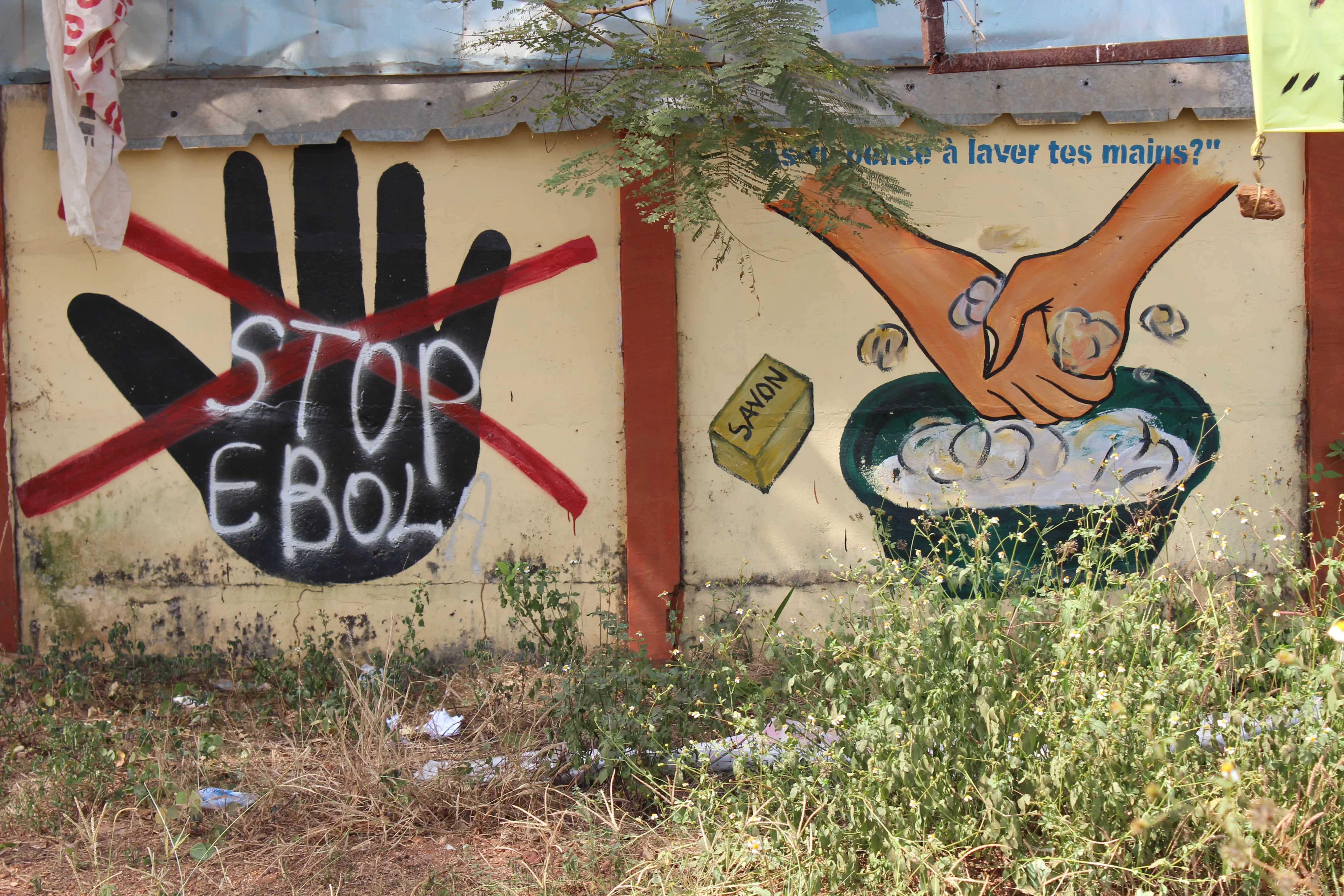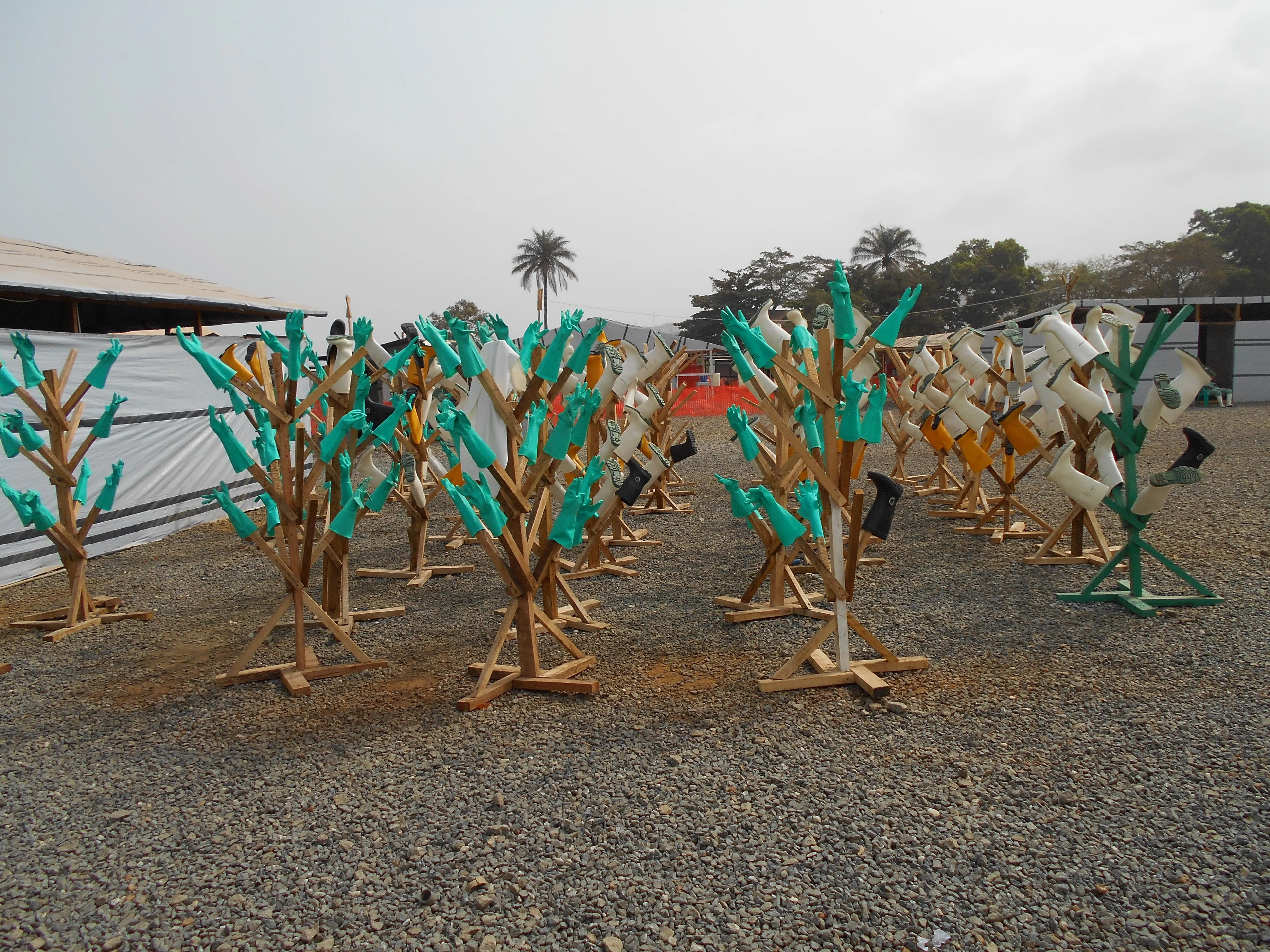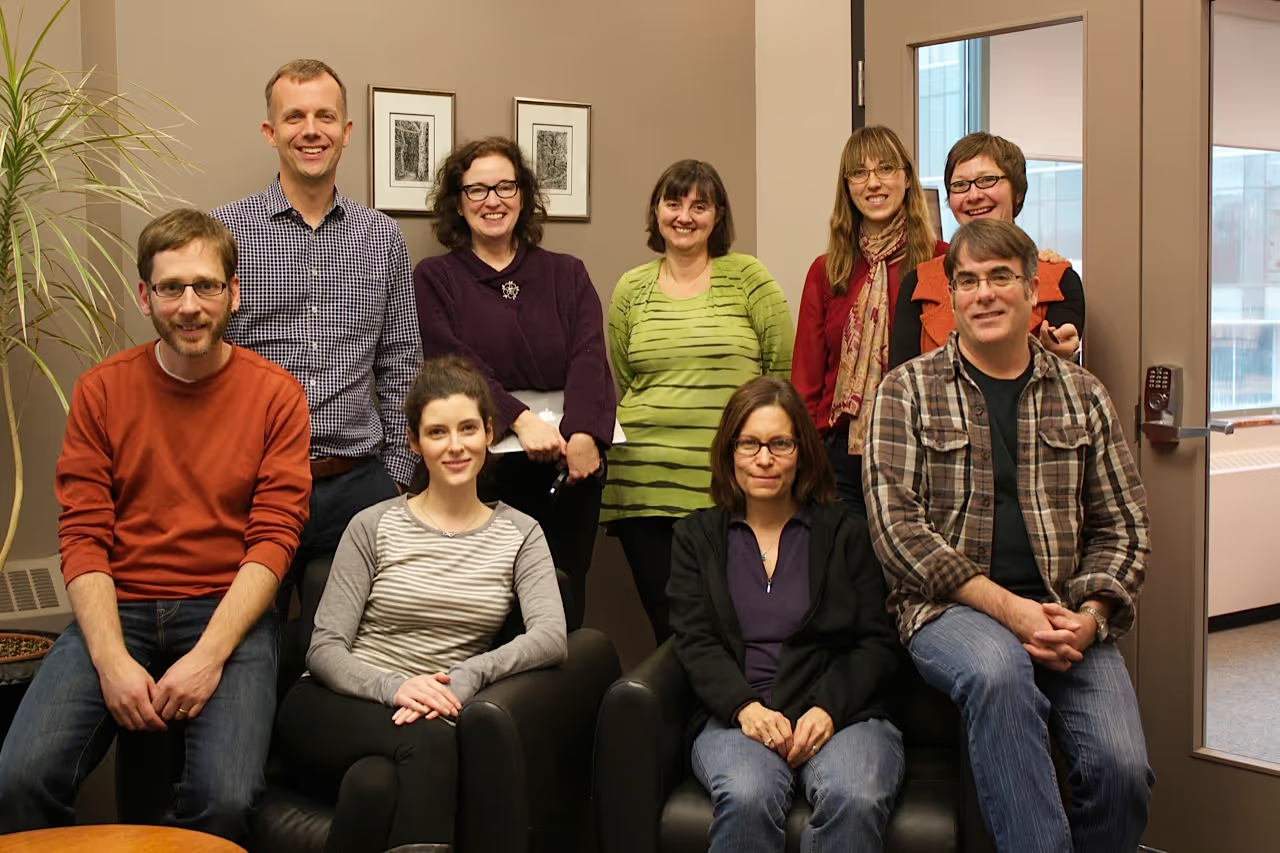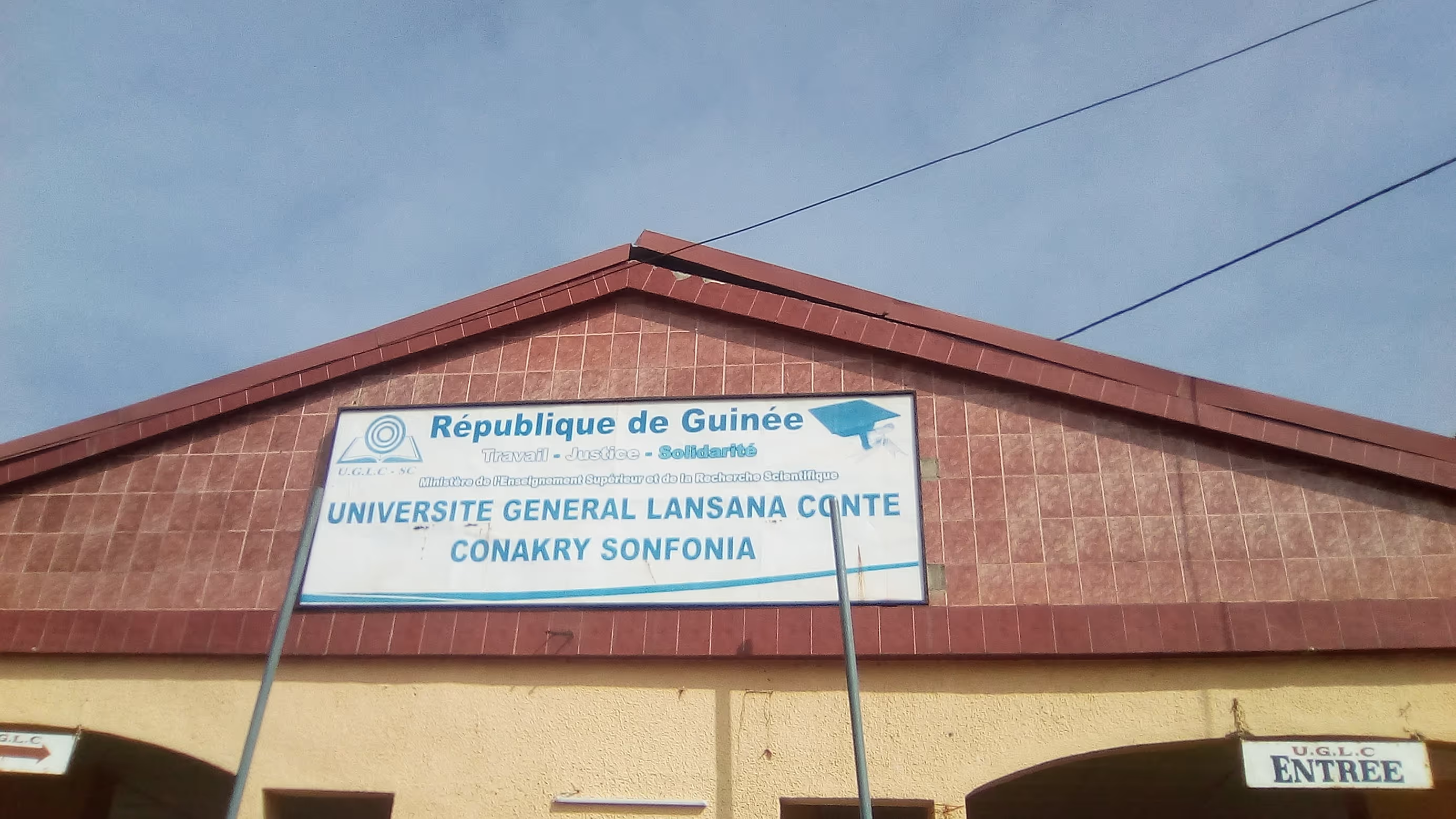Perceptions of research conducted during the 2014-15 Ebola crisis
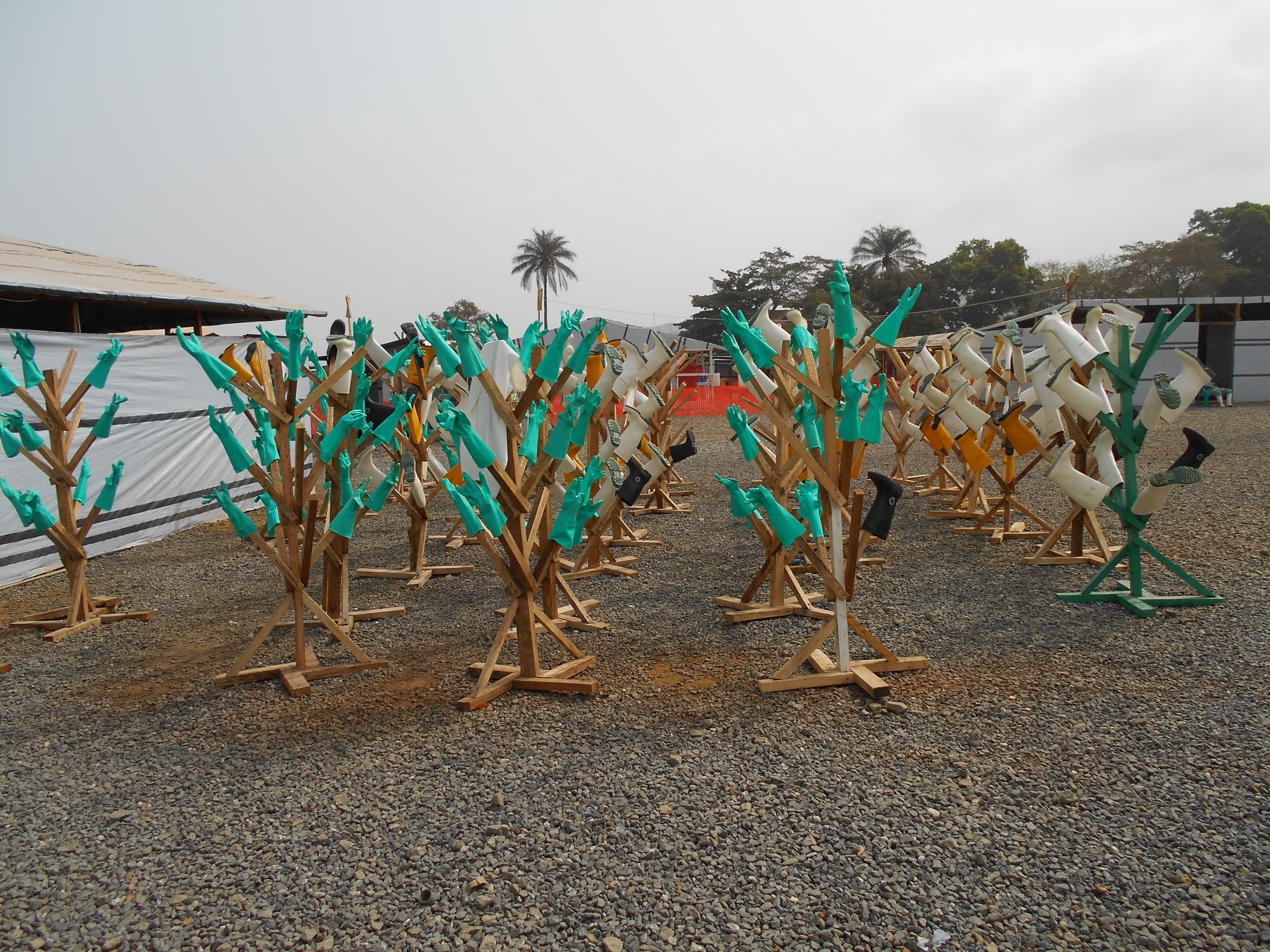
Project overview
All research trials are subject to ethical standards, but in public health emergencies such as Ebola outbreaks, it is unclear to what extent these are upheld. The study ‘Perceptions and moral experiences of research conducted during the 2014-16 West Africa Ebola outbreak’ was led by McMaster University, Canada, between 2016 and 2018. Prioritising learning from people with lived experience, it gathered and analysed first-hand accounts of navigating clinical research ethics, including for vaccines and treatments.
Countries
Guinea
Liberia
Sierra Leone
Organisations
McMaster University
Partners
Western University, Comité partnership National d’Éthique pour la Recherche on Santé (CNERS), the Humanitarian Health Ethics Research Group, University of Conakry
Area of funding
Humanitarian Research
Grant amount
£169,825
Start date
01
January
2016
End date
01
October
2018
Project length (in months)
33
Project solution
This project offers [specific solution or intervention] to tackle [challenge]. By implementing [strategies, tools, or innovations], the project aims to achieve [desired outcomes]. The approach is designed to [specific actions or methods] to bring about meaningful change in [community, region, or issue area].
Expected outcomes
This project aims to achieve [specific outcomes], such as [measurable results, improvements, or changes]. The expected impact includes [benefits to the target community, advancements in research or innovation, or long-term effects]. By the end of the project, we anticipate [specific changes or milestones] that will contribute to [broader goals or objectives].
No items found.
Principal Investigators: Elysée Nouvet, McMaster & Lisa Schwartz, McMaster
Research snapshot: Ethical research during a crisis: Insights from the West African Ebola epidemic
Understanding diverse and context-specific influences impacting engagements with research, and clear, consistent communication are key to effective collaboration and ethical best practices during the conduct of essential research in public health emergencies.
What did the study set out to achieve?
This qualitative study aimed to investigate whether WHO and international research ethics guidelines were feasible, sufficient, and lived as best practice across diverse West African contexts during the Ebola crisis 2014-16. Specifically, it explored what upholding standards of ethical research actually meant during the Ebola outbreak, in the eyes of those directly involved in this research or its oversight.
A literature review was successfully conducted. This was followed by over 100 in-depth interviews with Ebola survivors from Sierra Leone, Guinea, and Liberia, and those involved in the response and in conducting research. Information was grouped into a number of themes: context-specific accounts of ethics guidelines in clinical trials; barriers to and strategies for harmonising with WHO and other ethics standards; lessons learned or issues experienced by participants; complexities of ethics governance and of international research collaborations in a public health crisis situation.
What were the key findings?
Meaningful consent
- A range of motivations led people to take part in research. Many believed that yet-unproven treatments
would be more effective than the standard of care. - Illness and stress in Ebola Treatment Centres contributed to imperfect consent processes. Some participants took part due to a perceived lack of choice, feeling that they would ‘enter a trial or die’.
Communication
- Some Ebola survivors are unsure of what, if any, experimental treatments they received. Lack of communications about Ebola research processes and findings left some participants feeling confused, concerned, or betrayed.
Collaboration
- Ebola research strengthened health research infrastructure and up-skilled local personnel. But the rapid influx of international researchers worsened power imbalances and undermined existing capacity. Few opportunities arose for local actors to lead studies.
What does this mean for policymakers and practitioners?
To build trust, support free and informed consent, and avoid preventable harm to research participants, research teams working in public health emergencies should:
- Ensure all research and care personnel understand and emphasize to potential participants the voluntary nature of research participation, and the distinction between care and research.
- Partner with survivors and community leaders to identify best verbal and non-verbal communication strategies in context to support informed and voluntary research participation decision-making.
- Before in-country research approval, engage with representatives of communities from whom research participants are to be recruited: to clarify potential ethical challenges and mitigation strategies informed by community expertise.
- Ensure access to care is neither contingent on research participation or perceived as such.
- Ensure that potential participants isolated in treatment units can easily communicate and consult with loved ones about research participation options and decisions. This can be facilitated by providing clear information in appropriate formats.
- Facilitate open lines of communication after research ends and make efforts to share findings of studies with research participants.
- Policymakers could maintain and build on the research and community engagement expertise built under difficult circumstances by funding research institutions and programs in Ebola affected countries.
No items found.
Project delivery & updates
Stay up to date with the latest developments from this project. Here, you will find details on what has been delivered, resources created, and regular updates as the project progresses. Access key documents, reports, and other materials to see how the project is making an impact.
No resources/updates have been published yet for this project. Sign up for our newsletter to stay informed about upcoming publications and updates!
Join our Newsletter
Resources
Blurring Lines: Complexities of Ethical Challenges in the Conduct of West African Ebola Research
Report
LEARN MOREParticipation Case Study: Perceptions of research conducted during the 2014-2016 Ebola crisis
Case study
LEARN MORE